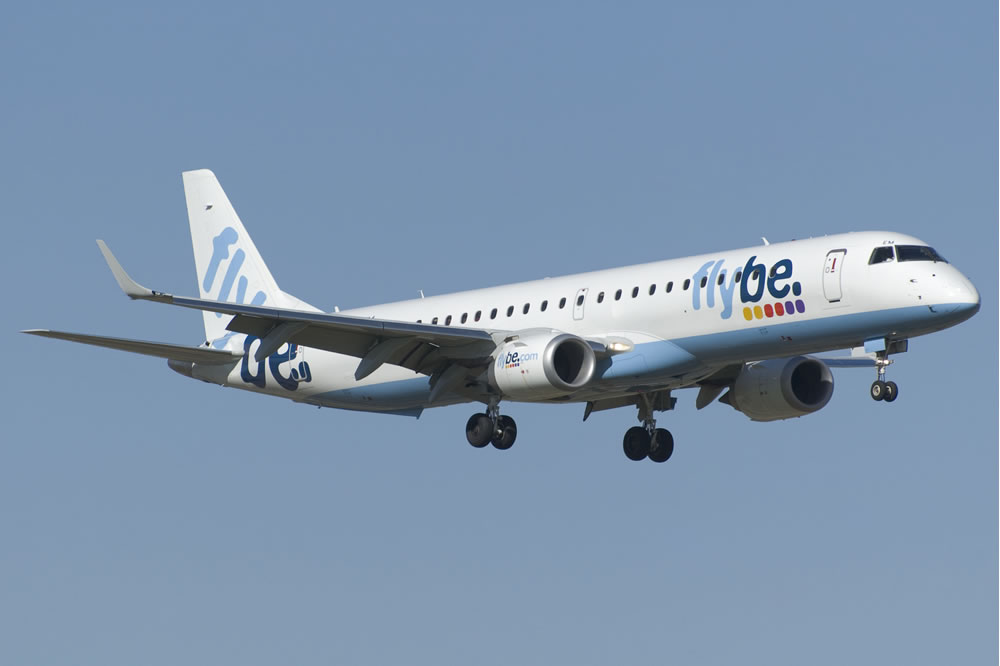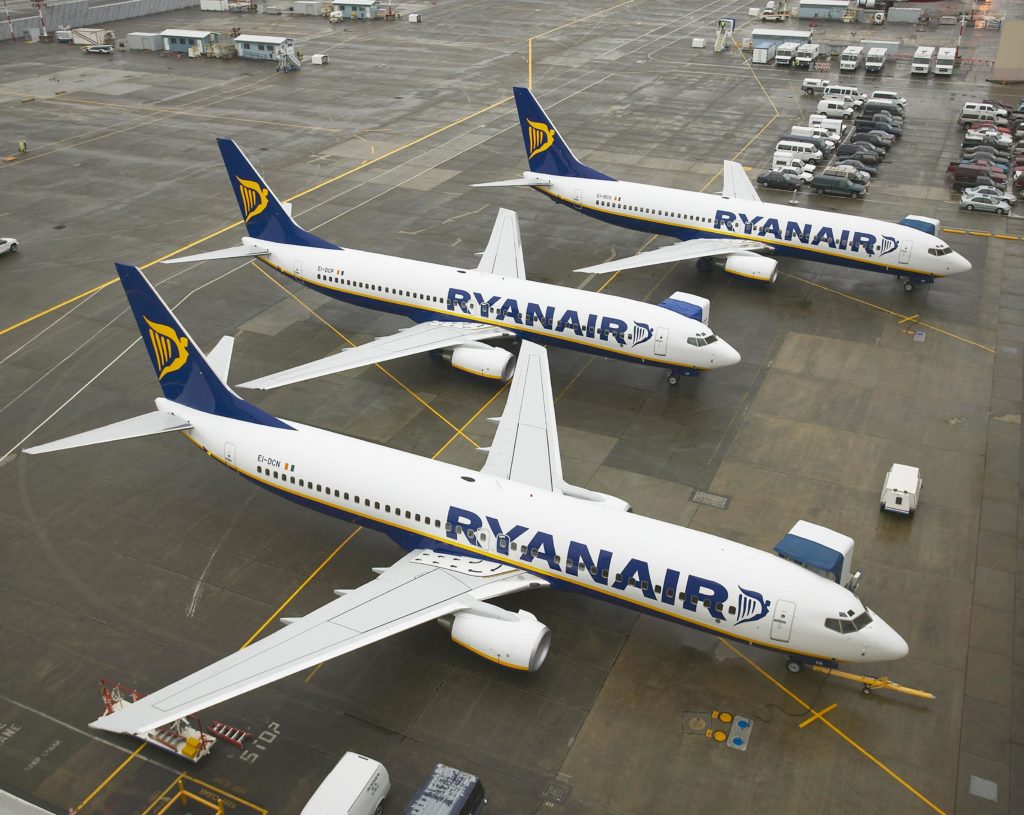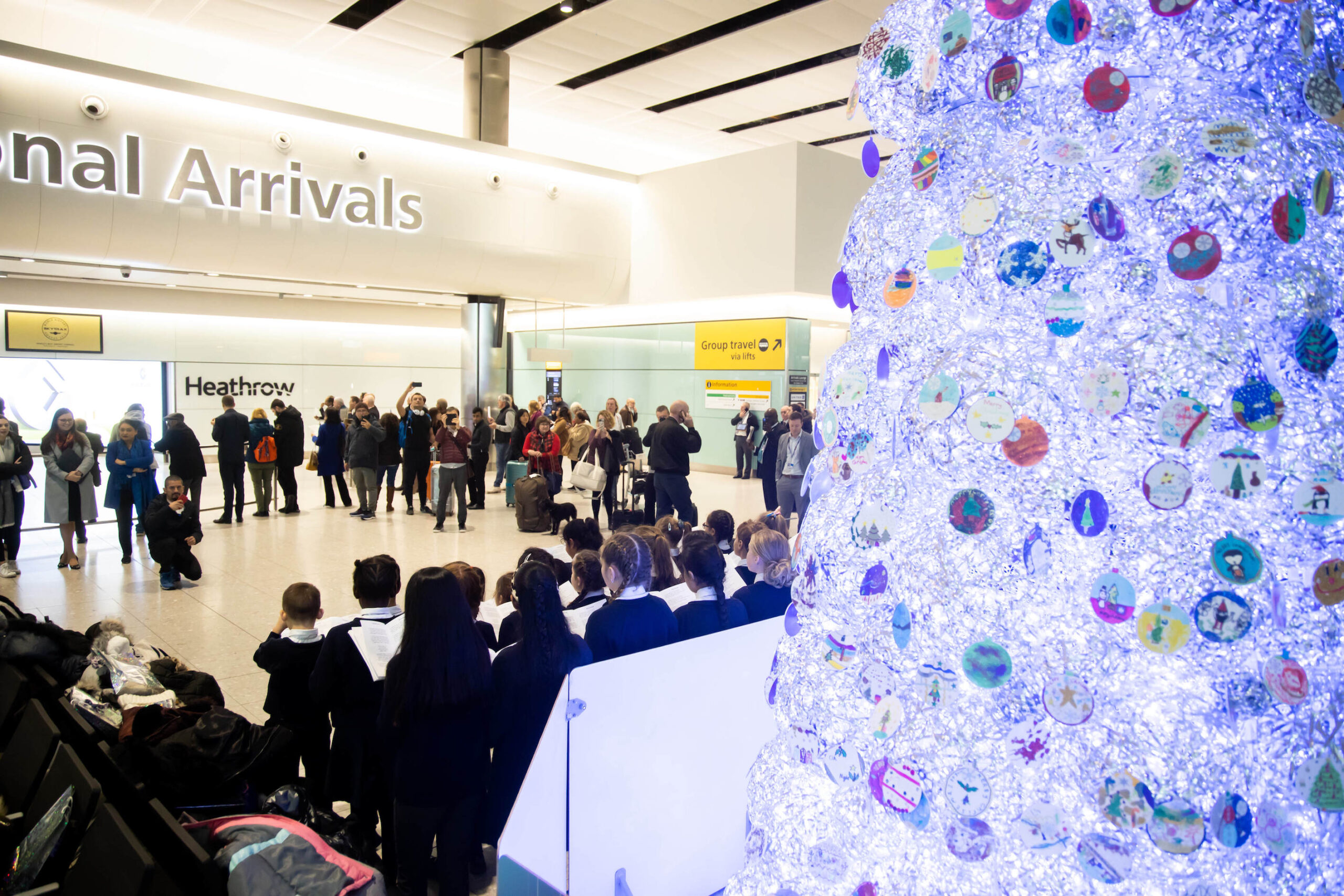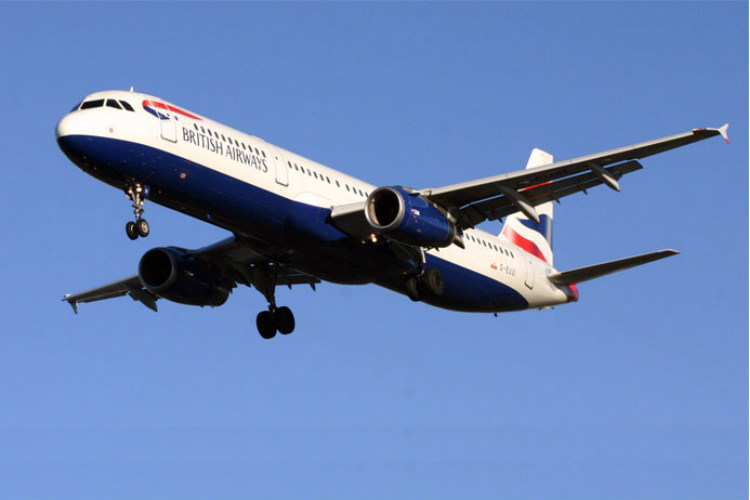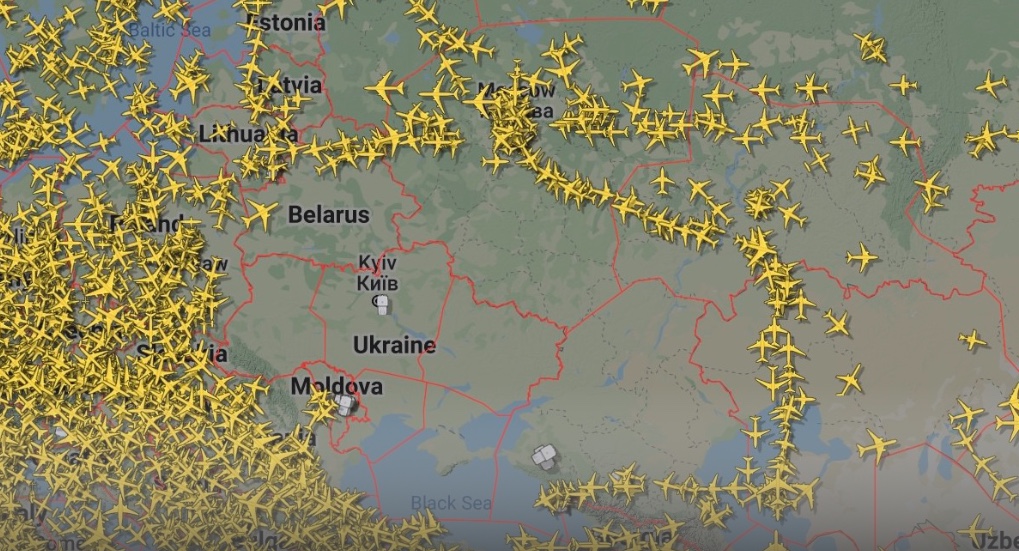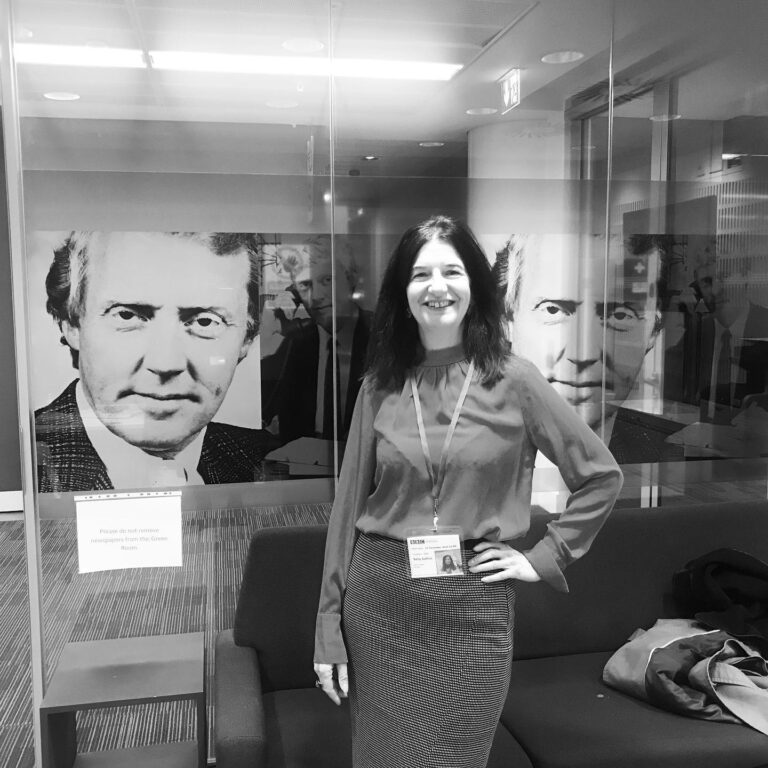The UK has borne the brunt of a 24 hour pilots strike at Ryanair. Airline management cancelled up to 30 flights in and out of the UK to/from Dublin today in anticipation of the Irish pilots walkout.
Passengers who are affected are being offered alternative flights on other airlines and ferry crossing options, where space is available.
Ryanair chief marketing officer Kenny Jacobs says, ‘we want to take away the anxiety that many of our customers are feeling and reassuring customers that the vast majority of flights will go ahead.’
Ryanair is minimising the impact, pointing out that only 94 out of 350 plus Irish pilots are striking. The airline employs 4,400 pilots around Europe and Africa.
The union action follows a year of unrest at Europe’s largest low cost carrier. Problems arose around a year ago, when rostering became erratic, new crews hired, pilot leave cancelled and other demands were made on them. This resulted in more and more flight cancellations. Pilots were already disaffected with their employer saying they were treated like ‘janitors’ or bus drivers.
Pilots in Europe organised themselves through social media and pressured Ryanair into meeting their demands over improved pay and conditions. Whilst Ryanair finally capitulated just before Christmas, and formally recognised their unions for the first time, little of benefit has actually materialised, especially in relation to pilots operating out of Ireland.
The two sides have reached a stalemate with each claiming the higher moral ground. The sticking points are pilot seniority issues, base transfers and pay. Ultimately the pilots are looking for collective bargaining and legally binding conditions.
In turn Ryanair management says its generous conditions and attempts to resolve the issues have been thwarted by pilot union IALPA/FORSA. Ryanair argues they have full job security, good salaries at up to 200,000 euros a year and fly a young fleet of aircraft (B737) from a large pool of base cities (86). Moreover their roster is generous, as they work 5 days on, 4 days off. Ryanair says it has agreed to a 20percent increase in salaries. But pilots say the pay varies widely.
A last ditch meeting yesterday resulted in an offer by Ryanair to the pilots union to set up a ‘working group’ to resolve the outstanding issues and pilot grievances.
On that note, Ryanair is also accusing Aer Lingus of ‘actively interfering’ by encouraging its pilots to strike, with the argument this industrial action gives its domestic rival (Aer Lingus’ a competitive advantage.
Additionally, Ryanair has also been blighted by the French, German and Spanish Air Traffic Control staff shortages this week. This has brought delays to 10percent of its flights (240 out of 2400). Ryanair cabin crew are also considering strike action in the near term. 24 hour stoppages are planned later this month in Italy, Spain, Portugal and Belgium. They want improvements to terms and conditions such as being able to pay directly into bank accounts in their own countries, rather than in Ireland, as well as upholding EU employment legislation. Both pilots and cabin crew met at the International Transport Workers’ Federation (ITF) in Dublin where they put together their list of 34 demands. Cabin crew want better rights to sick pay and an end to excessively high sales targets for luxury retail goods promoted onboard.
Unless negotiation and resolution accelerates the summer of 2018 looks set for further stormy skies for this pioneer in low cost air travel.
The question is – does Ryanair have a plan, not just to crisis manage in the short term, but for the longhaul? Its competitors will be watching and the airline industry, as Ryanair has already demonstrated by its own example, is cutthroat.
This is not a year for Ryanair to be distracted. Lufthansa Group has already stolen Ryanair’s crown in the highest number of passengers carried (130M compared to Ryanair’s 128.8M in 2017). A further 240 new B737s are on order to augment the existing 430 strong fleet, and Ryanair has already targetted its passenger traffic by 2024 to hit 200M. Without satisfied and motivated crews onboard, the passenger may end up the loser in an ongoing feud where nobody will win.
